
Authorities in Nicaragua have already shut down, prosecuted or forced critical news outlets into exile. Under the new law, human rights advocates warn officials may access internet users’ locations, calls and browsing histories.
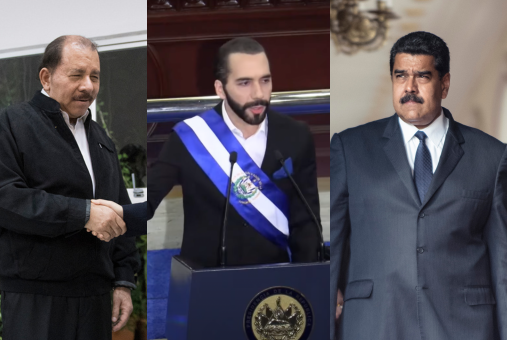
Lawmakers from the left and the right are drafting ‘foreign agent’ laws they claim protect their national sovereignty. They also threaten independent news outlets that rely on international funding.
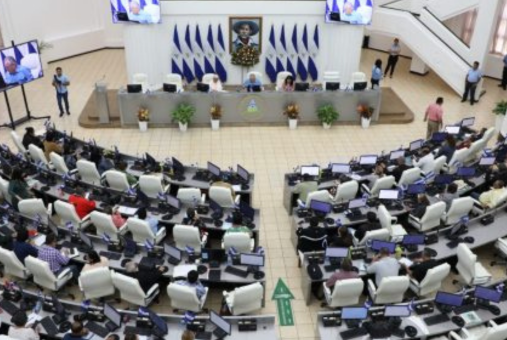
Daniel Ortega and Rosario Murillo's regime is wielding a new cybercrime law to target journalists – including those in exile – empowering authorities to seize their assets and monitor their family members in Nicaragua.
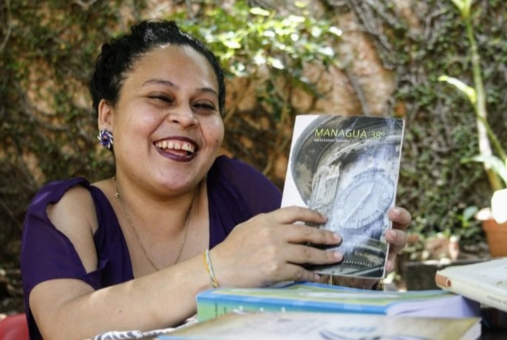
On July 12, Nicaraguan authorities raided Tercero's home and, since then, her whereabouts have been unknown. Organizations and journalists demand the State of Nicaragua start providing answers.
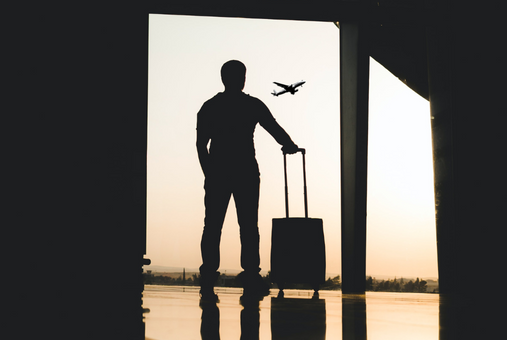
The phenomenon of exiled journalists is not new, according to the UN Rapporteur on freedom of expression, Irene Khan. However, the increase in recent years has caused concern and hence the need for both States and civil society to come together to offer help. Organizations from Latin America join that call.
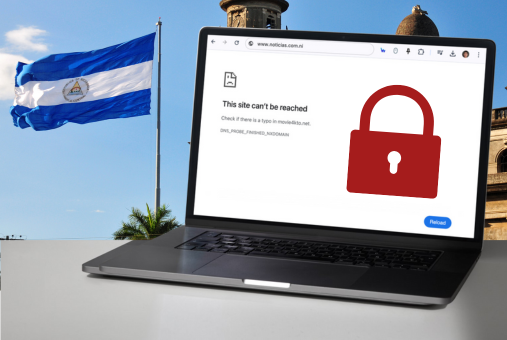
Faced with the proposal of a new telecommunications law in Nicaragua, independent journalists are preparing for possible blocking of their websites, regulation of audiovisual content and control of production equipment. Some media outlets have already started campaigns to raise awareness among readers about possible measures to avoid censorship.

Directors of El Faro (El Salvador) and Confidencial (Nicaragua) pointed to risk assessment, complete trust between editors and reporters, legal defense and psychological support as fundamental elements to preserve the well-being and safety of their teams in the face of harassment, threats and criminalization.
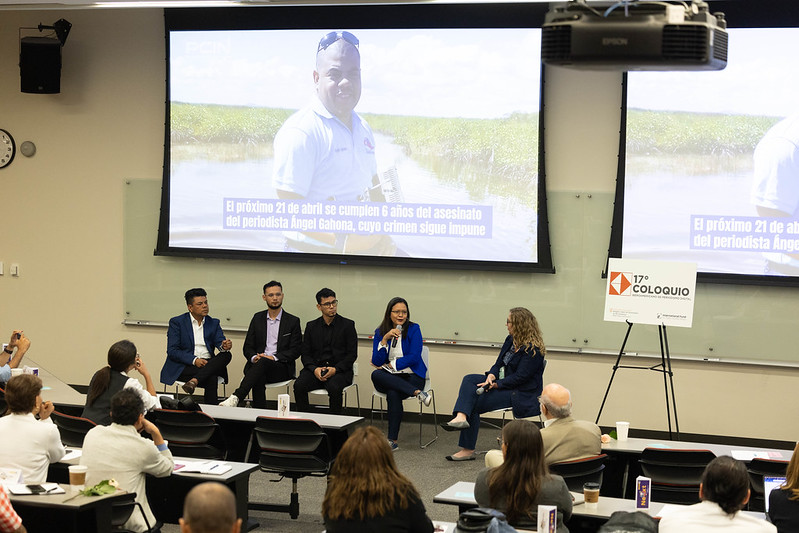
The situation experienced by Nicaraguan journalists is one of the worst in the region, and was at the center of the debate, alongside examples of resistance and perseverance in the face of adversity, during the panel “Journalism in Nicaragua” at the 17th Ibero-American Colloquium on Digital Journalism.
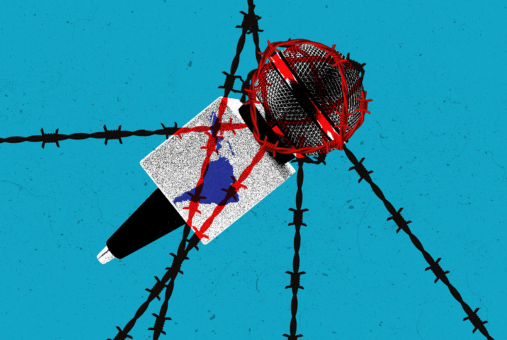
With their campaigns against independent media, the governments of several Latin American countries are beginning to threaten press freedom. Can Nicolás Maduro and Daniel Ortega's extreme of media blockages and closures be replicated?
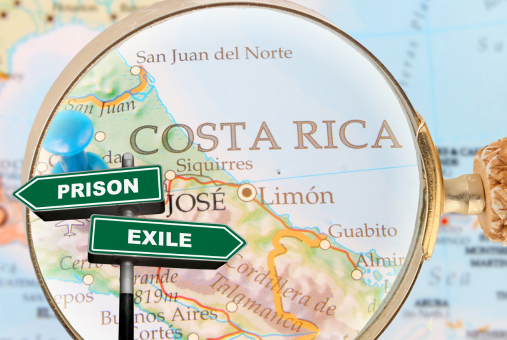
Hundreds of Central American journalists have gone into exile in Costa Rica because they consider it a safe country for journalism. But, the situation has taken a turn as press freedom and security in that country has worsened. Some exiled journalists have decided to seek refuge in other countries and to leave the profession.
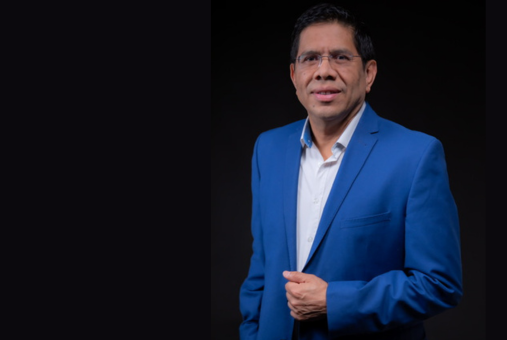
One year has passed since journalist Miguel Mendoza and 221 other political prisoners were banished from Nicaragua. From his new home in the U.S., Mendoza talks about the aftermath of his confinement and forced exile, as well as his career and special citation from the Cabot Prize.

The Committee to Protect Journalists (CPJ) published its annual report on imprisoned journalists around the world. Although no country in Latin America and the Caribbean is on the list of “the worst jailers,” the report highlights three cases in the region and points out that media outlets and journalists there still face threats to carry out their work